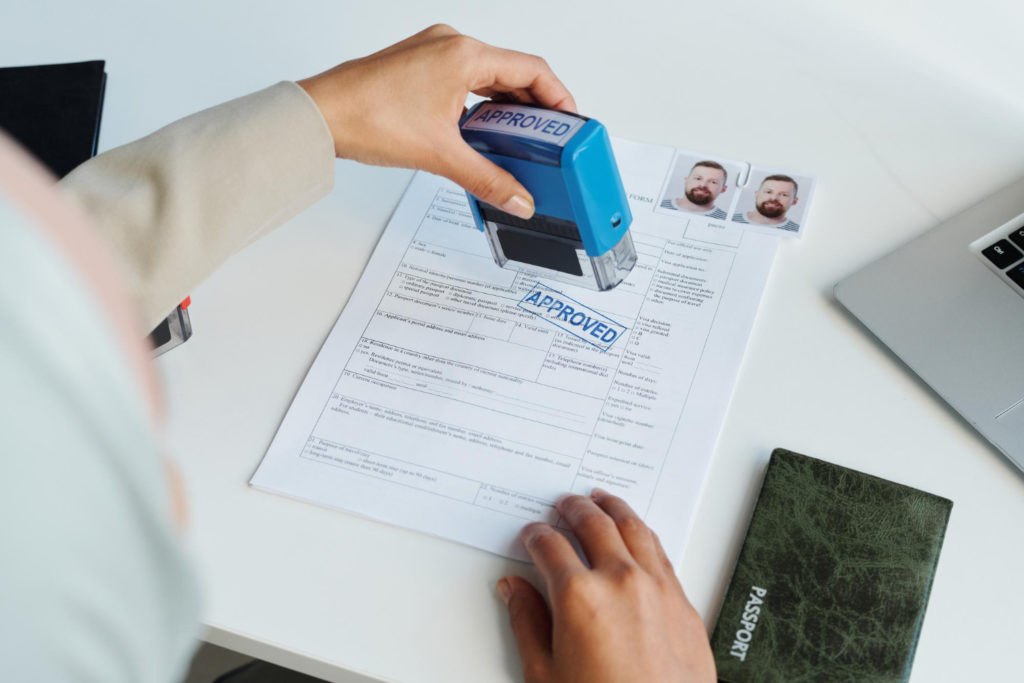
How to obtain a NIE to buy a property
· 4 min. read · by Mónica Nuñez Luis
The NIE (Foreigner’s Identification Number) is an essential document issued by the General Directorate of the Police in Spain, serving as an identification number for foreigners. Although this number does not grant residency, it is indispensable for completing a wide range of administrative procedures in the country. If you plan to stay in Spain for more than 90 days, applying for this document will be crucial.

The NIE is mandatory for those who, for professional, economic, or social reasons, must be identified in Spain, especially for tax purposes. Each NIE is personal, unique, and non-transferable, and depending on the reason for the request, it may not have an expiration date. In other cases, it may be subject to a limited validity period.
This document is required for many administrative procedures, including the process of purchasing a property in Spain. The NIE can be requested in person, through a legal representative, or at Spanish consular offices abroad. The NIE is identified by an alphanumeric format consisting of an initial letter, seven numbers, and a final letter. Example: Z6665551-B.
Why is a NIE necessary?
The NIE is essential for various transactions in Spain, including:
- Buying, selling, or securing a property.
- Opening a bank account.
- Applying for loans or mortgages.
- Paying taxes.
- Paying for utilities like electricity, water, or gas.
- Applying for business licenses.
- Receiving payroll as a salaried employee.
- Registering for Social Security to access benefits (retirement, unemployment, etc.).
- Obtaining or transferring driving licenses.
- Buying or selling vehicles.
- Inheritances.
- Applying for residency permits.
Required Documentation to Apply for a NIE
The essential documents are as follows:
- Proof of prior appointment (obtained from the official website).
- Official application form, such as the EX-15, duly completed and signed.
- Proof of payment for the tax form Modelo 790, Code 012.
- Original and copy of your passport or identification document.
It is important to specify the reason for the application, and if done through a representative, they must be properly authorized. The cost of the process ranges between 12 and 22 euros, depending on the circumstances, and can be paid in cash or via direct debit.
Where to apply for a NIE?
NIE applications are made at the General Directorate of the Police, the Foreigners’ Offices, or Police Stations where you reside or have interests. If you are not in Spain, you can apply at Spanish consular offices abroad.

If I’m going to buy a property in Spain, do I need a NIE?
If you plan to purchase a property in Spain as a non-resident, it is necessary to obtain a NIE. This process can be carried out from either Spain or your home country, and you must justify a legitimate reason for applying, such as purchasing a property.
To apply for the NIE, you must present one of the following documents:
- A deposit contract (contrato de arras) signed with the seller.
- A notarized deed declaring your express intention to buy.
It is important to note that you cannot apply for a NIE if you are in Spain illegally, as this would be a criminal offense. Additionally, you must begin the application process within 90 days of your visit as a tourist.
How long does it take to obtain a NIE when buying a property?
If all the documentation is in order, the NIE is issued in approximately 5 business days after the application. However, it is not a residence permit and does not grant the right to reside in the country. If you plan to spend more than 180 days per year in Spain, you will need to obtain other documents, as you will be required to pay taxes in the country.
It is not possible to finalize the purchase of a property in Spain without a NIE, so it is advisable to start the process as soon as possible if you do not yet have one.
In summary, the NIE is essential for buying or selling a property, as it is linked to the payment of taxes and other key administrative procedures.